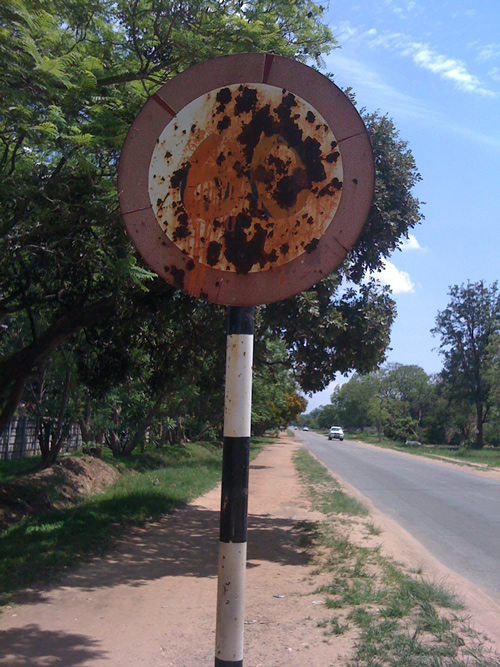Zimbabwe urban grooves artists can’t handle fame
Tuesday, December 6th, 2011 by Lenard KamwendoMusic is a big business and it has transformed people’s lives the world over. In western countries by just producing one good album it can change one’s fortunes for the rest of his/her life. Media plays an important role in promoting artists music and with bad media publicity it can also destroy an artist’s career. Here in Zimbabwe our own local music artists, especially the urban grooves artists rely on the media to promote their music and some of them enjoy massive airplay on the state broadcasting stations. The rise in popularity for urban grooves was mainly spearheaded by the introduction of 75% local content on national radio stations by the then Minister of Information and Publicity Professor Jonathan Moyo a couple of years ago. To some local artists it was a blessing to them since competition from foreign music was reduced. However to some artists after rising to stardom their names now appear in the history book for the wrong reasons.
The lyrics of the music composed by these urban grooves artists has attracted a huge following especially amongst the youth. The message in the music is usually associated with love, cash and the ghetto lifestyle. Instead of promoting their music through good publicity, recently it has become the opposite. After starting on a positive note most of these young artists have attracted bad publicity to their music by trying to live the life they sing about in their songs. Some may say the problem starts when these young artists try to merge our local culture with the western culture in their music thereby creating an identity crisis. Zimbabwe has been blessed with many young talented musicians but most of them have gone quiet after failing to handle fame. The toll of a celebrity lifestyle has proved to be a heavy burden with many young artists falling by the wayside through drugs, prostitution, alcohol abuse and unprofessional contact.
Piracy is also taking its share of problems for these music artists resulting in many of them singing for peanuts. In trying to increase popularity in the hope of pushing music sales some local artists are now using media for the wrong reasons. A couple of a years ago a creative and promising young artist was sentenced to do community service after being found in possession of marijuana and as if this was not enough the same young man could not keep his microphone in his pants as he went around impregnating many girls. After singing so much about money and a high expensive lifestyle another local artist made headlines recently when his sex video was leaked to the press. With this kind of behavior and bad publicity it will take a very long time for our local artists to separate their private life from their public one.











